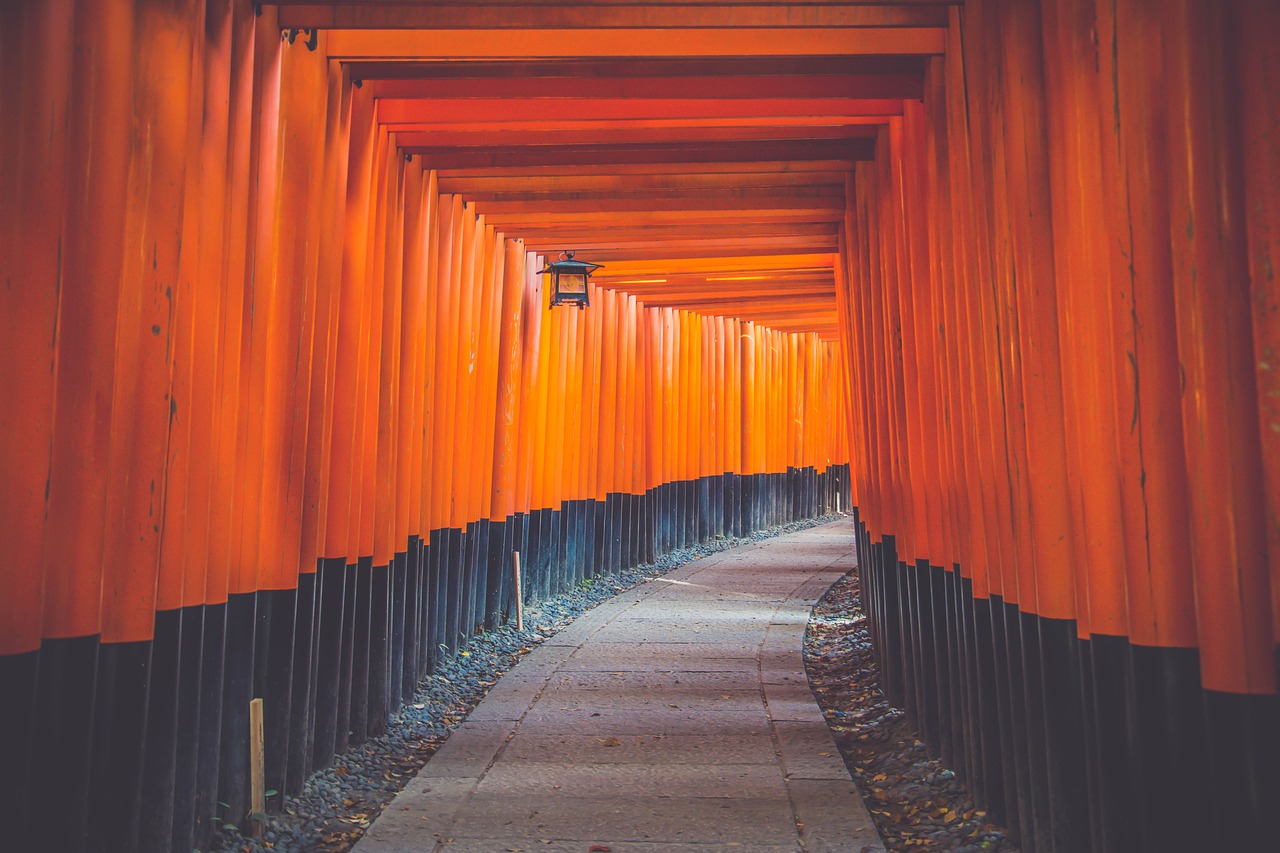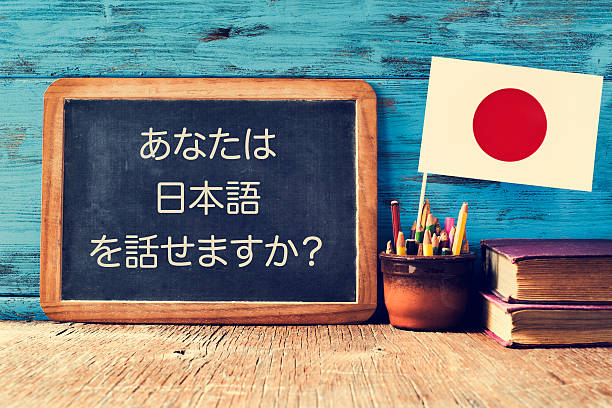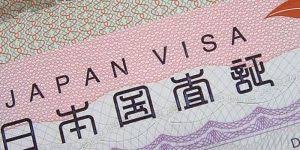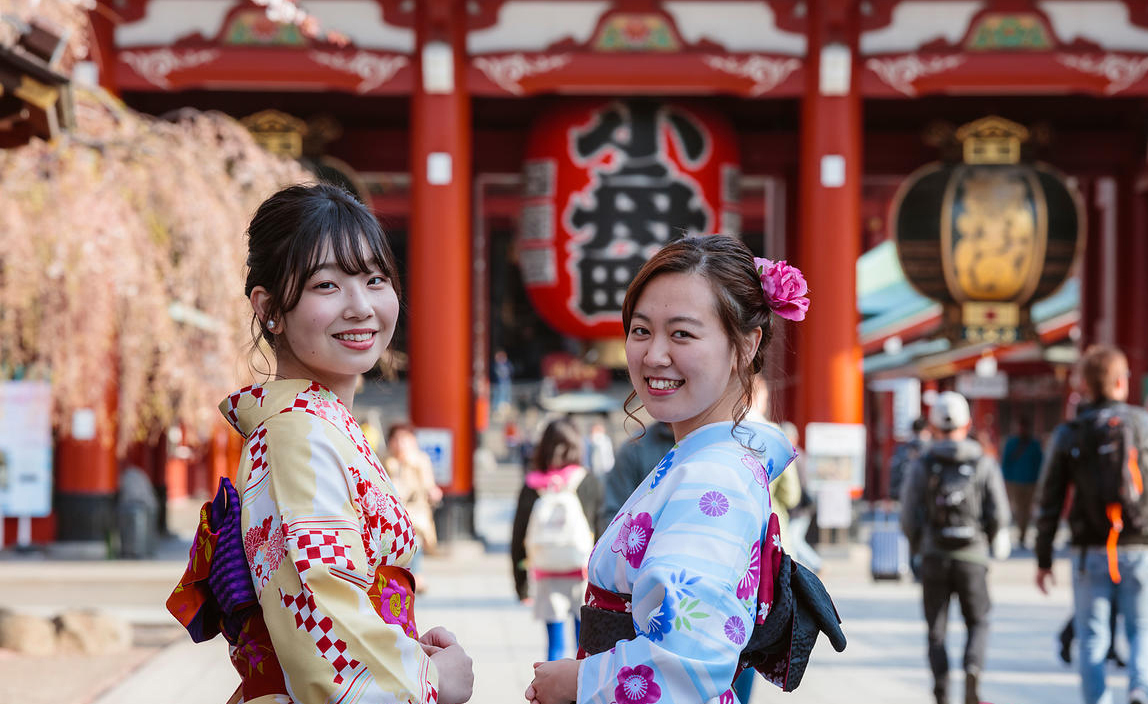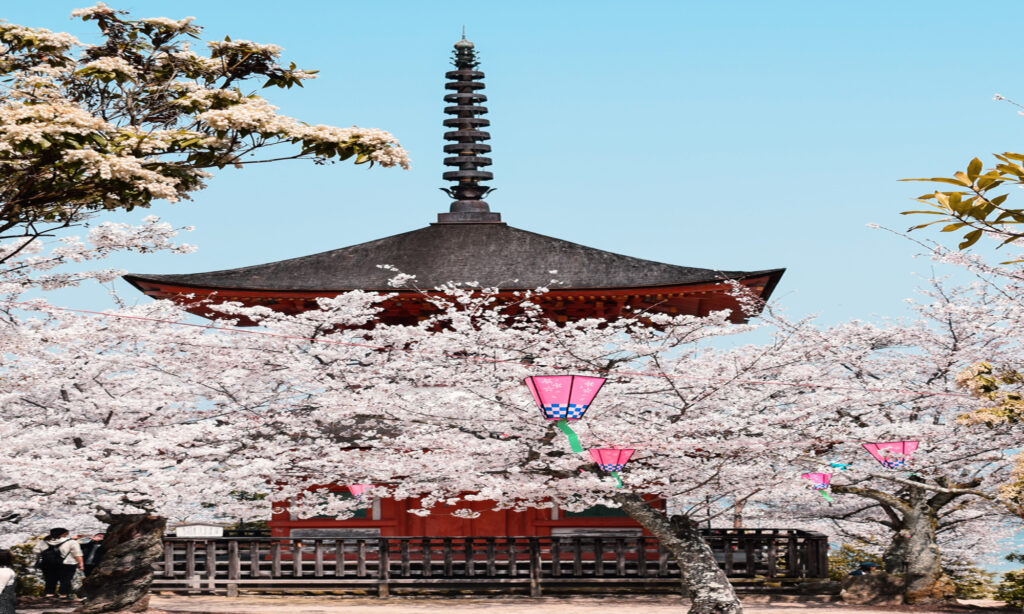Osaka YMCA Gakuin
Required Documents for Student Visa:
1. School application form
2. Statement of Intent (Essay explaining why you want to study in Japan). Must explain in detail your purpose of study abroad as well as plans upon completion .
3. 4X Passport Photographs (size: 4cm X 3cm)
4. Photocopy of the passport Bio-page (and all pages copy showing previous trips to Japan.)
5. Diploma or a copy from the last school attended. (Original will be returned to the applicant after application review is done)
6. Photocopy of a transcript or grade report from the school last enrolled.
7. Certificate of enrolment for those currently attending school.
8. Certificate of employment. (Applicants with employment history must submit this document. On the company letter head, list the name of the company, phone no. date of issue, and name of the boss.)
9. Japanese proficiency certificate (JLPT or NAT certificate) and Japanese course certificate (stating at least 150 hours of study).
10. Job certificate if currently employed
11. Birth Certificate
Sponsor documents:
- Copy of photographic Identification (ID)
- Financial support document (predetermined format)
- Certificate of employment
(a) On the company letter head, list the name of the company, phone no. date of issue, and name of the boss.
(b)a copy of the company registration with the name of the company’s representative (boss) or a list of board of members. In case of private business, submit a copy of the business license and a certificate of employment.
4. Sponsor recent bank statement (the bank record must document a steady income over a long period of time and showing sufficient funds for course duration and living expenses).
5. Photocopy of the bankbook page showing the current balance. (This document must verify that the balance is not temporary)
6. Income certificate for 1 year
7. Tax certificate for 1 year
8. Official document to certify the kinship with the applicant.
APPLICATION PROCEDURE
Conditions for admission in Japanese Language School
You must be 18 years old and above (or will be turning 18 within your study period in Japan)
High School graduate (completed total of 12 years or above of education including elementary years.)
Minimum Japanese Language requirements (JLPT N5 NAT level 5)
Entrance and application period and other procedure deadlines
| Entrance Season | January | April | July | October |
|---|---|---|---|---|
| Education Period | 1 year 3 months | 1 or 2 years | 1 year 9months | 1 year 6 months |
| Application Period | June - September | August - November | January - March | March - May |
| Approx application deadline | Early August | Early December | Early February | Late April |
| In school screening/result | Late September | Mid- December | Late March | Mid - June |
| Application submission at immigration | Late September | Mid - December | Late March | Mid - June |
| Residency grant and payment | Early December | Early March | Early June | Early September |
| Apply for visa at Embassy/ Consulate | Late December | Late March | Late June | Late September |
Procedures:
The processing of the application starts 6 months ahead of the actual intake date. The deadline can be earlier or at a later time depends on when the school reached its maximum student limit. We always suggest applying early so you can secure a spot at your preferred school.
- Please contact us for Enrolment Inquiry and Selection.
- Complete the student school application form that we provide and submit all required documents to Sheengaku. We will check and go through all your documents, ask for any additional information and correct if needed. We can provide minor translation for 1-2 pages for free. For 3 pages and above, fees may apply.
- We will then send all your documents to Osaka YMCA Gakuin.
- After reviewing the documentation, if the applicant is eligible, Osaka YMCA will apply for the Certificate of Eligibility (COE) at the Immigration Services Agency of Japan on the applicants’ behalf.
- After 2-3 months Osaka YMCA will receive the result of COE from the Immigration Services (some applicant might get rejected for various reason such as fake documents, wrongly filled, incorrect education history, sponsor not financially sound, etc.)
- After the COE is issued (usually 5-6 weeks before the course start date) School will send you a copy of your COE, an invoice for tuition fees. Payment must be done by bank remittance or Flywire by the due date to receive your original COE.
- Once the payment is confirmed, the original COE and letter of acceptance will be sent to the applicants.
- Once you receive the original COE, you need to apply for your student visa at the nearest Japanese embassy/consulate in your country.
- To apply for a student visa you need to submit an Original COE, Acceptance letter, Valid Passport, Passport size photo taken within the last 6 months, Student visa application
Note: *COE is valid for three months after the date of issue.
* Visa Process could take 3-7 days but we recommend you apply at least 2-3 weeks before your travel plan.
*Applicants, who want to live in accommodations recommended by Osaka YMCA, should apply before entrance.
*After arrival in Japan an orientation seminar and the level test will be conducted before the course begins.
